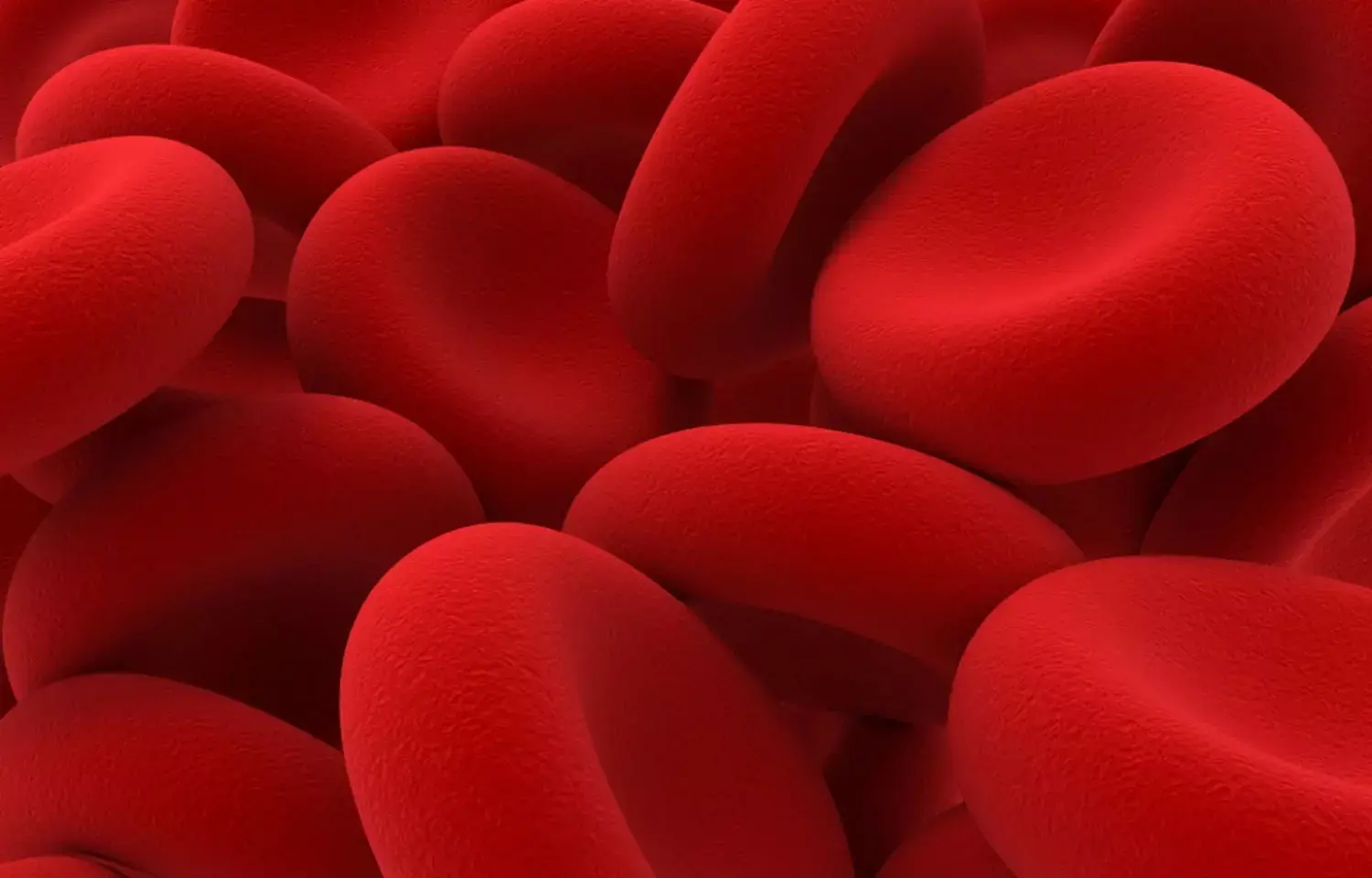- Home
- Medical news & Guidelines
- Anesthesiology
- Cardiology and CTVS
- Critical Care
- Dentistry
- Dermatology
- Diabetes and Endocrinology
- ENT
- Gastroenterology
- Medicine
- Nephrology
- Neurology
- Obstretics-Gynaecology
- Oncology
- Ophthalmology
- Orthopaedics
- Pediatrics-Neonatology
- Psychiatry
- Pulmonology
- Radiology
- Surgery
- Urology
- Laboratory Medicine
- Diet
- Nursing
- Paramedical
- Physiotherapy
- Health news
- Fact Check
- Bone Health Fact Check
- Brain Health Fact Check
- Cancer Related Fact Check
- Child Care Fact Check
- Dental and oral health fact check
- Diabetes and metabolic health fact check
- Diet and Nutrition Fact Check
- Eye and ENT Care Fact Check
- Fitness fact check
- Gut health fact check
- Heart health fact check
- Kidney health fact check
- Medical education fact check
- Men's health fact check
- Respiratory fact check
- Skin and hair care fact check
- Vaccine and Immunization fact check
- Women's health fact check
- AYUSH
- State News
- Andaman and Nicobar Islands
- Andhra Pradesh
- Arunachal Pradesh
- Assam
- Bihar
- Chandigarh
- Chattisgarh
- Dadra and Nagar Haveli
- Daman and Diu
- Delhi
- Goa
- Gujarat
- Haryana
- Himachal Pradesh
- Jammu & Kashmir
- Jharkhand
- Karnataka
- Kerala
- Ladakh
- Lakshadweep
- Madhya Pradesh
- Maharashtra
- Manipur
- Meghalaya
- Mizoram
- Nagaland
- Odisha
- Puducherry
- Punjab
- Rajasthan
- Sikkim
- Tamil Nadu
- Telangana
- Tripura
- Uttar Pradesh
- Uttrakhand
- West Bengal
- Medical Education
- Industry
Post discharge Malaria Chemoprevention reduces mortality in kids with severe Anemia: NEJM

It has been observed that in areas with intense malaria transmission, 3 months of postdischarge malaria chemoprevention with monthly dihydroartemisinin–piperaquine in children who had recently received treatment for severe anemia prevented more deaths or readmissions, according to the study published in the New England Journal of Medicine.
Children who have been hospitalized with severe anemia in areas of Africa in which malaria is endemic have a high risk of readmission and death within 6 months after discharge. No prevention strategy specifically addresses this period.
Hence, Titus K. Kwambai and colleagues conducted a multicenter, two-group, randomized, a placebo-controlled trial in nine hospitals in Kenya and Uganda to determine whether 3 months of malaria chemoprevention could reduce morbidity and mortality after hospital discharge in children younger than 5 years of age who had been admitted with severe anemia.
All children received standard in-hospital care for severe anemia and a 3-day course of artemether-lumefantrine at discharge. A total of 1049 children underwent randomization; 524 were assigned to the chemoprevention group and 525 to the placebo group. Two weeks after discharge, children were assigned to receive dihydroartemisinin-piperaquine (chemoprevention group) or placebo, administered as 3-day courses at 2, 6, and 10 weeks after discharge. Children were followed for 26 weeks after discharge.
The primary outcome was one or more hospital readmissions for any reason or death from the time of randomization to 6 months after discharge. Conditional risk-set modeling for recurrent events were used to calculate hazard ratios with the use of the Prentice–Williams–Peterson total-time approach.
The results showed that –
a. From week 3 through week 26, a total of 184 events of readmission or death occurred in the chemoprevention group and 316 occurred in the placebo group (hazard ratio, 0.65; 95% confidence interval [CI], 0.54 to 0.78; P<0.001).
b. The lower incidence of readmission or death in the chemoprevention group than in the placebo group was restricted to the intervention period (week 3 through week 14) (hazard ratio, 0.30; 95% CI, 0.22 to 0.42) and was not sustained after that time (week 15 through week 26) (hazard ratio, 1.13; 95% CI, 0.87 to 1.47).
c. No serious adverse events were attributed to dihydroartemisinin-piperaquine.
Therefore, the authors concluded that "in areas with intense malaria transmission, 3 months of postdischarge malaria chemoprevention with monthly dihydroartemisinin-piperaquine in children who had recently received treatment for severe anemia prevented more deaths or readmissions for any reason after discharge than placebo."
Dr. Nandita Mohan is a practicing pediatric dentist with more than 5 years of clinical work experience. Along with this, she is equally interested in keeping herself up to date about the latest developments in the field of medicine and dentistry which is the driving force for her to be in association with Medical Dialogues. She also has her name attached with many publications; both national and international. She has pursued her BDS from Rajiv Gandhi University of Health Sciences, Bangalore and later went to enter her dream specialty (MDS) in the Department of Pedodontics and Preventive Dentistry from Pt. B.D. Sharma University of Health Sciences. Through all the years of experience, her core interest in learning something new has never stopped. She can be contacted at editorial@medicaldialogues.in. Contact no. 011-43720751
Dr Kamal Kant Kohli-MBBS, DTCD- a chest specialist with more than 30 years of practice and a flair for writing clinical articles, Dr Kamal Kant Kohli joined Medical Dialogues as a Chief Editor of Medical News. Besides writing articles, as an editor, he proofreads and verifies all the medical content published on Medical Dialogues including those coming from journals, studies,medical conferences,guidelines etc. Email: drkohli@medicaldialogues.in. Contact no. 011-43720751


